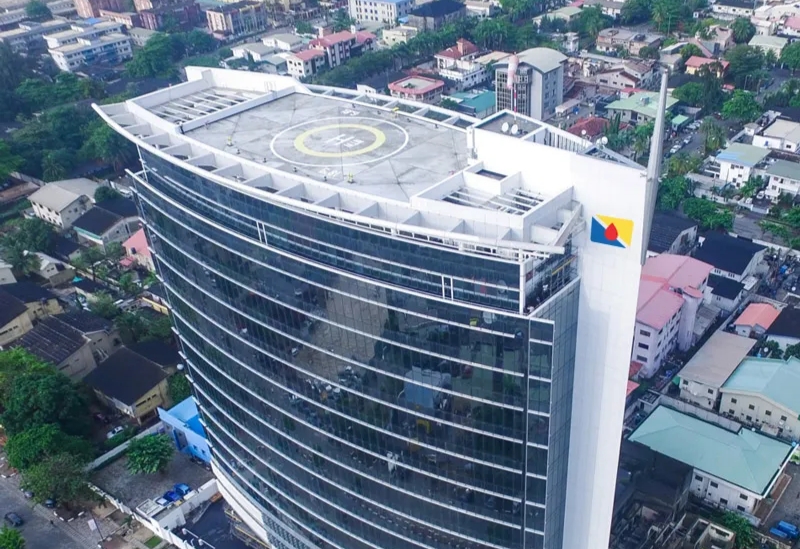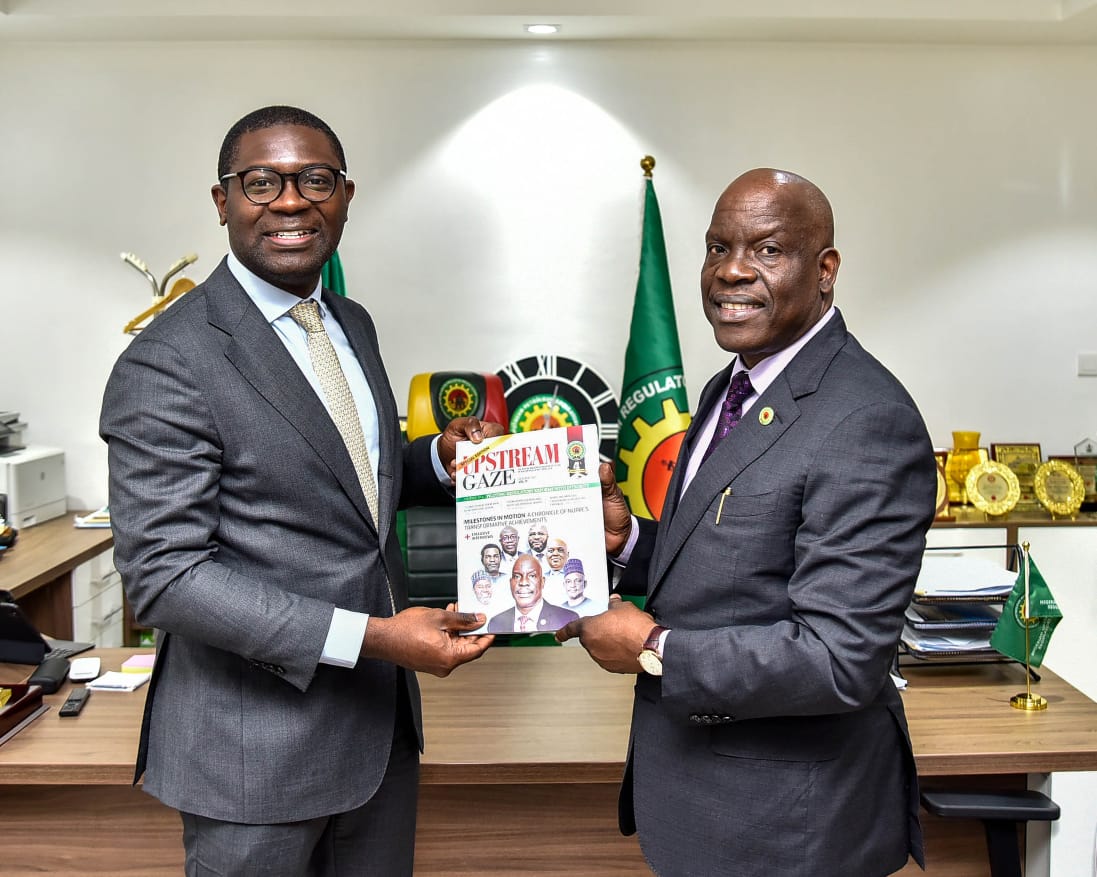Besides the security risks, number masking leads to significant revenue loss for telecom operators, argues SONNY ARAGBA-AKPORE
It is unusual to receive supposedly foreign calls only for the caller identification to show a local number. Strangely, many people take this for granted especially if eventually the caller is able to identify him or herself on the other side. Talks go on as if nothing has happened. Really? The caller on the other side may be or may not be aware that his or her number didn’t show on this side of the communications link. What has happened is “Call Masking”. It is dangerous to the receiving end and very big economic loss to local network operators.
It is call dumping that is a potential national security risk as threats and intimidation take place and detrimental to the receiving end and society. And no traces of the caller as the number does not show actual caller who may well pass as a ghost. Call masking is the act of concealing or disguising the origin of an international call and presenting it as a local call. The International Telecommunication Union (ITU) addresses call masking primarily through recommendations that combat fraudulent practices like spoofing and refiling, which manipulate Caller Line Identification (CLI). Although ITU does not ban all forms of call masking, its guidelines aim to ensure the delivery of true call origin information, combat revenue fraud, and protect users from illegal activity. These include evading international call rates where one of the most significant problems identified by the ITU is the masking of international calls to make them appear as less-expensive local calls. This call refiling or masking helps operators and fraudsters bypass international termination rates, causing massive revenue losses for legitimate network operators.
Call masking is executed through a deployment of a technology called SIM boxes, which are devices containing multiple SIM cards deployed to terminate international calls as local ones. The practice bypasses the higher international termination rates, allowing illegal operators to profit from the difference between local and international call costs.
Call masking in Nigeria and indeed anywhere in the globe is the illegal practice of disguising incoming international calls as local calls to exploit the rate difference between international and local call charges, leading to significant revenue loss for telecom operators and potential security risks. The Nigerian Communications Commission (NCC) put measures in the past to combat this through technical solutions, public awareness campaigns, and stricter enforcement, which led to arrests and a decline in the practice until recently when the practice resurfaced.
On Wednesday, December 8, 2021 the Federal Executive Council (FEC) at its weekly meeting approved N1.8 billion to combat the menace of call masking in the country.“The first memo that was approved by the Federal Executive Council was for the deployment of regulatory systems in the telecommunications industry, to be implemented by the Nigerian Communications Commission (NCC),” then Communications and Digital Economy Minister, Isa Pantami announced. He said then that money will be deployed for regulatory systems that will have two components to help tackle insecurity in the country and bolster revenue generation by the government.
The minister said the systems were expected to fight criminal activities perpetrated through SIM box traffic and call masking traffic. But it is however not clear how much success was recorded because as we write now, the scourge has resurfaced in delicate dimensions. And despite spirited efforts to combat this, the problem has resurfaced through Subscriber Identification Module (SIM) box activities in general.
SIM boxing is a fraud allegedly committed via the use of a SIM box, by diverting international calls to a cellular device through the internet. The device, routes the connections back into the network as local calls, using hundreds of low-cost or even unpaid and unregistered SIM cards, which are often obtained with forged identities. “The scammers thus benefit by exploiting the difference between local and international charges by paying just local rates or none at all to network operators after billing international rates from the source. The caller pays the high call rates, but the local telecom operator does not collect these, leading to revenue losses to the Mobile Network Operators (MNOS) and the government” an industry player said. With sustained losses by industry players put at nearly $3billion so far, call masking didn’t come open until about eight years ago when operators lamented losing about 2.5 million minutes per day to the activities of the alleged fraudsters.
Although the NCC put in remedial measures to check the menace, the scammers appear to be ahead of the regulator. But an insider said “the commission is aware of the prevalence of the criminal activities and was deploying more technical solutions to tackle the situation “.
Arrests made in the past revealed that the alleged perpetrators of SIM boxing had multiple SIM cards registered with fictitious names and used to divert international calls.
Call masking, also known as number masking, is a technique used in telecommunications to conceal the real phone number of one or both parties in a call, typically by substituting it with a temporary or proxy number. While it is commonly used to protect user privacy in ride-hailing apps, customer service platforms, or delivery services, it is viewed as calls with sinister intentions. It leads to call quality degradation because extra layers of routing or anonymization may affect latency or audio quality. “Proxy numbers can introduce complications in call routing, especially if there’s network congestion or number recycling,” a telecom engineer admits.
Repeated misuse by bad actors erodes trust in legitimate services using call masking for privacy.
There is also a false sense of security as users might believe their data is secure, but masking does not guarantee end-to-end encryption or data protection.
In many regions of the world including Nigeria, masking without user consent or proper authorization are clear violations of telecom laws. There are sanctions in various degrees.
In this regard, organizations may face heavy fines or license revocations if call masking is used inappropriately or without safeguards. Such safeguards include but not limited to verified and regulated masking solutions and implementation of strong logging and monitoring systems.
Operators are admonished to educate users about masked calls and potential fraud.
Cooperating with telecom regulators and law enforcement, when necessary, could be one of the safeguards. But regulators are sometimes incapacitated especially when real numbers are hidden, making it impossible to hold the caller accountable for malicious, threatening, or abusive behaviour.
And because the caller has no identity, law enforcement is restricted as regulatory agencies may face difficulties in tracing criminal activities in that regard. Essentially such attackers use masked or spoofed numbers to impersonate trusted entities including banks, government organizations and even businesses to carry out attacks by tricking receivers into sharing sensitive information in what is commonly referred to as social engineering attacks. Fraudsters often use call masking to execute voice phishing (vishing) schemes without being traced. The ITU recommendations to combat the broader problem of Caller ID spoofing to prevent the scourge where callers deliberately falsify their numbers are in place.
The recommendations include ITU-T E.157 which provided guidance on the delivery and format of the calling party’s number across international borders.
And to ensure origin identification, resolutions from the World Telecommunication Standardization Assembly (WTSA) encourage the delivery of international Caller Line Identification (CLI) and Origin Identification (OI) information to the destination network. The goal is to provide receiving parties and their operators with information to identify the true origin of a communication.
Aragba-Akpore is a member of THISDAY Editorial Board



